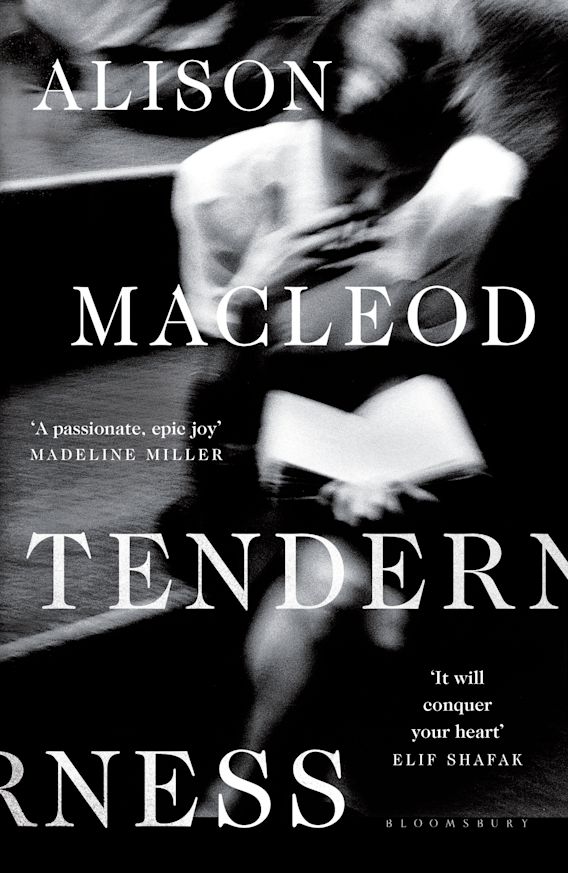TENDERNESS
Alison Macleod
Bloomsbury
REVIWED BY WILLIE CAMPBELL
Alison Macleod proposes that her historical novel ‘‘is a hymn to liberal democracy. It is a paean too, to D. H. Lawrence’s artistic achievement; it’s the story of the dirt and magic of creation itself’’.
The architecture of this novel both holds plot and character rigid and at the same time permits flights of intimacy. It has clear sections, with each chapter entitling a character reference. The vivid characters function and reflect so that we see both their inner and outer selves.

We are enticed into the story by three crumbs of quotes, from Lawrence, Frieda Lawrence and a solicitor for Penguin Books. These hold the threads of the entire story and its intertwining.
We meet Lawrence, in his last days on the Mediterranean, where he resents being among the rich tourists and remembers with longing his childhood and importantly his relationship with Rosalind, who he later immortalises in the character of Constance Chatterley.
Frieda, in contrast, loves the warmth and the business and recalls her dislike of England, its coldness and the strangeness of language - a contrast to the directness of her own German. She buries her Lorenzo and eventually moves to their New Mexico ranch.
We then follow Jackie Kennedy in the mid-1950s, where she dreams of Lady Chatterley and quietly creeps into a legal hearing brought by J. Edgar Hoover and the FBI against Grove Press who seeks to publish an unexpurgated version of Lady Chatterley’s Lover and distribute it through the American mail system.
Legal and moral arguments centre on the tension between obscenity in the language and perceived attempts to remove sentimentality from sexual activities. The role of the censor and the legality of using a public mail system are paramount.
These characters, along with a rich cast of many others, move between these places and tensions in a mosaic of shards of poetically intimate and insightful prose that contrive to connect in a coherent and compelling whole.
Whether or not Macleod’s description rings true is for the individual reader to decide. It is certainly a narrative worthy of exploration.
Willie Campbell is a Dunedin educator











